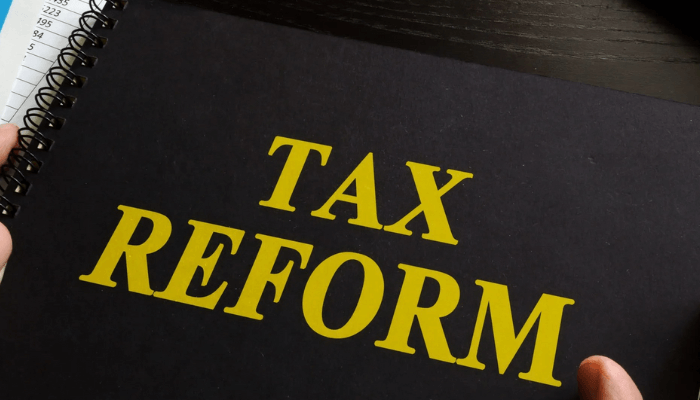Nigeria’s Federal Inland Revenue Service (FIRS) has announced an unprecedented leap in national revenue generation, with collections soaring to N3.64 trillion in September 2025, a staggering 411 percent rise from the N711 billion recorded in May 2023. The revelation has sparked renewed debate about the nation’s fiscal future, as the agency also defended the government’s borrowing strategy while unveiling sweeping tax reforms set to begin in January.
Speaking at the State House during the Meet-the-Press series organized by the Presidential Communications Team, FIRS Chairman Zacch Adedeji described the surge as proof of the Tinubu administration’s fiscal discipline and commitment to economic stability. He disclosed that the government had halted the controversial practice of Ways and Means financing through the Central Bank, converting the facility into a structured federal loan now serviced with both principal and interest repayments.
“Borrowing is not a problem. It is part of every viable nation’s ecosystem,” Adedeji said, stressing that loans, when responsibly managed, fuel infrastructure development and generate future tax revenue. “No country in the world survives entirely on its own income. When government borrows, banks earn, employees are paid, and taxes return to the system. It is a cycle that sustains continuity.”
Read Also:
- Tinubu’s tax reforms boldest overhaul of Nigeria’s fiscal framework-Dogara
- No Tax ID, No Bank Account: Nigeria’s push for tax compliance starts January 2026
- Nigeria’s economic reforms yet to ease hardship as inflation, taxes crush businesses – NECA
The tax boss further explained that every national budget rests on three pillars, expenditure, revenue, and loans; and insisted that as long as borrowing aligns with approvals from the National Assembly, it remains a legitimate tool for growth. He argued that funding infrastructure projects such as roads not only drives commerce but also expands the tax base for future generations.
Adedeji also announced that Personal Income Tax (PIT) and Company Income Tax (CIT) reforms will roll out in January 2026, a move designed to deepen Nigeria’s revenue sources and reduce dependency on debt financing.
A breakdown of September’s record haul revealed that the surge was driven largely by non-oil receipts, with collections hitting N1.06 trillion compared to just N151 billion two years earlier. Oil revenue from FIRS climbed to N644 billion, while Value Added Tax (VAT) tripled to N723 billion.
The staggering growth in government earnings underscores what analysts are calling a “new era” for Nigeria’s public finances, positioning FIRS at the center of the country’s economic recovery drive.






